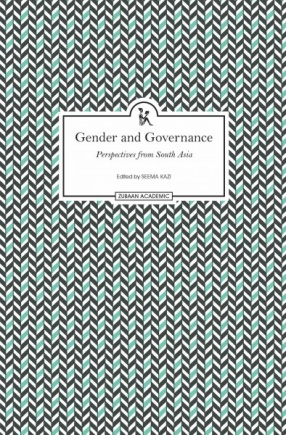Gender and Governance: Perspectives from South Asia
This book examines the structures of governance as they impact women in five conflict zones in South Asia: Swat in Pakistan, the Chittagong Hill Tracts in Bangladesh, the Northern Province in Sri Lanka, and Kashmir and Manipur in India.
Despite their different historical and political contexts, the five studies included here throw up some common patterns. War and conflict have weakened and eroded existing formal structures and institutions of governance. New formations, whether made up of militant groups, or more ‘secular’ state institutions like armies, do not see women as rights-bearing actors. Further, the authors argue, the impact of war, conflict, settlerism and militancy can make state structures more distant and sometimes incomprehensible to citizens, leaving women’s specific gender concerns unaddressed.
Taken together, the essays show that women’s relationship with governance institutions is complex, and combines dependence on such institutions with the challenge of dealing with new forms of patriarchy that take root as structures transform and change. The gendering of governance policy and practice therefore, is of crucial importance.
Get it now and save 10%
BECOME A MEMBER







Bibliographic information